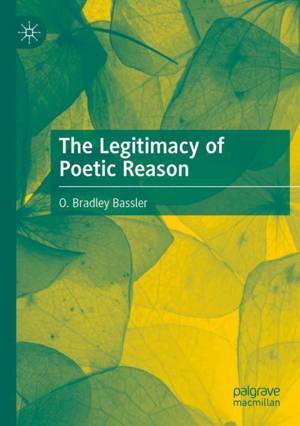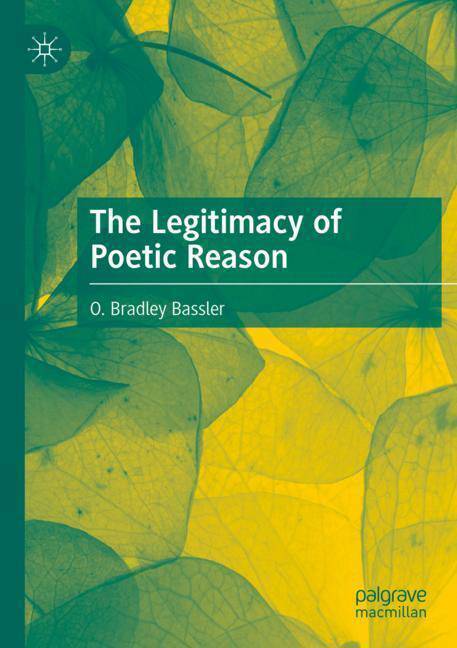
- Afhalen na 1 uur in een winkel met voorraad
- In januari gratis thuislevering in België
- Ruim aanbod met 7 miljoen producten
- Afhalen na 1 uur in een winkel met voorraad
- In januari gratis thuislevering in België
- Ruim aanbod met 7 miljoen producten
Omschrijving
Many philosophical accounts of reason are geared toward providing rational justifications ex post facto rather than accounting for the role reason plays in actu in the process of creative work. Moreover, when in actu accounts of reason are given, they are usually too narrow to describe the sort of high-level creative work that is involved in the composition of poetry or the creation of a scientific theory. This book suggests that the rudiments of a broader account are found in various German Idealist figures, most notably the philosopher-novelist-critic Friedrich Schlegel and the philosophical poet and novelist Friedrich Hölderlin.
However, German Idealism generally is subject to Hans Blumenberg 's secularization critique which provides a strong prima facie argument that the accounts of poetic reason suggested by Schlegel and Hölderlin are indefensible. This book argues that confronting Blumenberg's secularization critique and his associated legitimation of modernity with a romantic conception of poetic reason requires revisions on both sides, and that the work of Lacan is especially well-suited to provide the conditions upon which a legitimation of poetic reason can be provided.Specificaties
Betrokkenen
- Auteur(s):
- Uitgeverij:
Inhoud
- Aantal bladzijden:
- 355
- Taal:
- Engels
Eigenschappen
- Productcode (EAN):
- 9783031123160
- Verschijningsdatum:
- 28/09/2023
- Uitvoering:
- Paperback
- Formaat:
- Trade paperback (VS)
- Afmetingen:
- 148 mm x 210 mm
- Gewicht:
- 439 g

Alleen bij Standaard Boekhandel
Beoordelingen
We publiceren alleen reviews die voldoen aan de voorwaarden voor reviews. Bekijk onze voorwaarden voor reviews.









